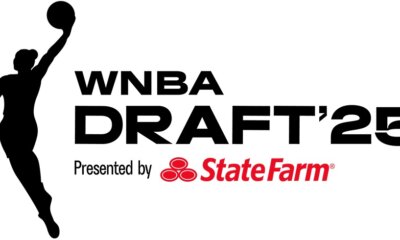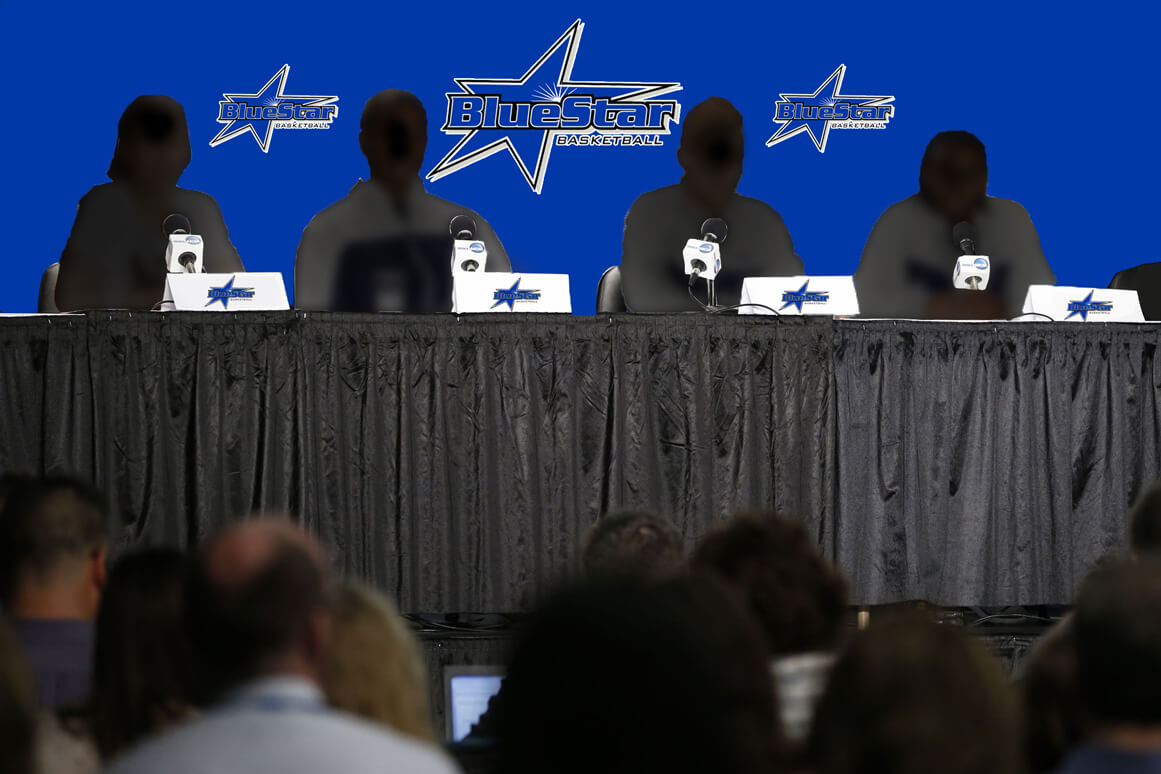Earlier this week The Indianapolis Star weighed in on the falling percentage of women coaching women’s college athletic teams since the passage of Title IX, and it’s a predictable checking of all the politically appropriate boxes.
Only 40 percent of women’s teams today (according to NCAA numbers) are coached by women, and we are led to believe that this is primarily the fault of the following things:
- Sexism/homophobia
- Lack of work/life balance for coaching moms
- Male opportunism as salaries improved
- Good ol’ boy network with overwhelmingly male ADs
Stop me if you’ve heard this before.
The female coaching percentage across all divisions of the NCAA is down from 43 percent in 1996. But does any of this really constitute a crisis that affects the quality of sports for female college athletes?
That question is never raised in this story, nor is it ever brought up in most media accounts of this ilk, and I’ve been tracking this coverage for a couple of decades. The Star report, picked up and reprinted verbatim by USA Today, rehashes the same, tired narrative fomented by academic bean counters and activists for the last 30 years.
Here’s what you don’t see examined in this article, and many others, that has affected those numbers:
- Educational model of women’s sports during AIAW period
- Absence of competitive women’s coaching culture at start of NCAA era
- Lack of an entry level coaching and administrative development structure
- Female prospective coaches choosing to go into other professions
I’m certainly in favor of more women getting into coaching and administration. Hell, I want to see more women participating in all levels of sports, including sportswriters, sportscasters, sports marketers, all across the board. But whiny hand-wringing with no ideas on how to encourage these developments isn’t helping.
 While concerns about sexism and homophobia are valid to a certain degree, there’s so much more to this issue than what’s being parroted by women’s interest groups, and taken largely at face value in the mainstream media.
While concerns about sexism and homophobia are valid to a certain degree, there’s so much more to this issue than what’s being parroted by women’s interest groups, and taken largely at face value in the mainstream media.
The deeper history behind these numbers is never alluded to, because reporters either don’t know about it, or don’t bother to do anything more than call up those armed with the usual grievances.
The numbers, and ready-made talking points, are available for easy consumption for journalists on tight deadlines. I know; I’ve been there before. But uncritically quoting the director of a law school “Center for Gender & Sexuality Studies” is not journalism; it’s stenography.
What The Star writer may not be aware of is that many women coaching women’s sports during the AIAW years were professors who went back to the classroom as women’s college sports became professionalized. As the NCAA era began in the early 1980s, there simply wasn’t a big enough female coaching pool to accommodate the growth of sports for women; it had been less than 10 years since fully sponsored intercollegiate sports for women began.
It wasn’t only that male ADs were supposedly more “comfortable” hiring male coaches, there just weren’t many aspiring female coaches to choose from. The AIAW’s education-first model didn’t lend itself to what its diehards pejoratively called “the male model,” and this applied to coaches as well.
Men understood the competitive nature of the business as they applied for women’s jobs; they came from a world where that was how you moved up in the profession. It’s a shame that on the women’s side this wasn’t the case; their female “role models” were tenured academics or other women who left the coaching ranks, sometimes due to philosophical differences as much as gender bias.
AIAW rules also held back the coaching profession; initially the organizations forbade athletic scholarships, which prompted Title IX claims that were eventually settled out of court. This 1978 Sports Illustrated article, written as women’s basketball recruiting was heating up (and resulting in a rash of abuses) perfectly captures the frustrations many women’s coaches faced in dealing with a female-led organization out of touch with the quickly professionalized nature of what they had created.
So that’s some of the historical backdrop. But 30-plus years later, as the Women’s Basketball Coaches Association and other women’s sports leadership organizations have emerged, it’s fair to ask how effective they have been in encouraging, fostering and preparing female coaches and administrators.
The Star story includes a quote from a female head coach that “men are going for those jobs aggressively.” Why aren’t women now, a couple of generations into the NCAA era, doing that? Why are men still, to a large degree, the majority of applicants for women’s jobs? And please, no excuse-making, not in the year 2015.
Did anybody stop to think that not enough women may be interested in coaching because they’d rather do something else? One of the promises of Title IX has been to open up a wide variety of career opportunities to women through education, and this has been a smashing success.
Did anyone ask a women’s sports advocate if her organization is encouraging aspiring coaches to start from the ground up, at the youth and high school levels, like almost every male coach who’s leading a women’s team?
There’s always been a strong push for more female hires in high-profile coaching and athletic administration roles, but what about at the grassroots, where a truly deep and qualified pool of women can blossom? Has the WBCA seriously evaluated the success of its female-only “So You Want to Be a Coach” program? Likewise for the National Association of Collegiate Women Athletic Administrators, which has conducted a joint leadership symposium with the NCAA since 2001?
What’s also troubling is questioning the motives and impugning the presence of male coaches of women’s sports, even those who are good at what they do, and who were doing this before women’s coaching salaries became lucrative. To mention Geno Auriemma and Anson Dorrance, for example, would shatter the narrative.
I’d hate to think where women’s sports would be without those men, and many others, as I’ve written about before, here and here. Their coaching trees have been almost entirely female; who’s to say that men cannot, and have not been, positive role models? Anyone in the professional world, regardless of gender, understands this.
The biggest problem with these predictable media inquiries about gender and coaching is that they’re focused more on the careerist interests of adult women than the sports experiences of female athletes.
This doesn’t have to be a zero-sum gender game, but with mindless repetitions of stock phrases from those who aren’t in the trenches, these stories give the impression that there are no realistic solutions to be found.
Wendy Parker is a sportswriter and web editor who has covered women's basketball since the early 1990s. She is a correspondent for Basketball Times and formerly covered women's and college sports, soccer and the Olympics at The Atlanta Journal-Constitution. She is the author of "Beyond Title IX: The Cultural Laments of Women's Sports," available on Amazon, and the creator of Sports Biblio, a blog about sports books and history.

Latest Articles
-
Basketball
/ 2 days agoBlue Star Media unveils Elite 10 Girls All-American Team; Oklahoma recruit is National Player of the Year; Ron James of No. 3 Bishop McNamara (MD) the Coach of the Year
BENSALEM, Pa. – Putting a bow on the 2024-25 regular season ends with the...
-
Basketball
/ 6 days agoPERFECT 10: Blue Star Media reveals Elite 10 Boys All-American Team; A.J. Dybantsa is Elite 10 Player of the Year; Andrew Moran the Coach of the Year
BENSALEM, Pa. – Greatness on the court often accompanies and defines the Blue Star...
-


Christopher Lawlor
/ 1 week ago2025 WNBA Draft Tracker: Bueckers off to Big D with first pick; All 38 selections are complete
NEW YORK – Blue Star Media is giving live updates from the 2025 WNBA...
-


Christopher Lawlor
/ 2 weeks agoELITE EAGLES: No. 1 Etiwanda (CA) girls repeat as Blue Star Media Elite 25 National Champions on strength of CIF Open Division chip
BENSALEM, Pa. – There is something to be said about being the best team...



